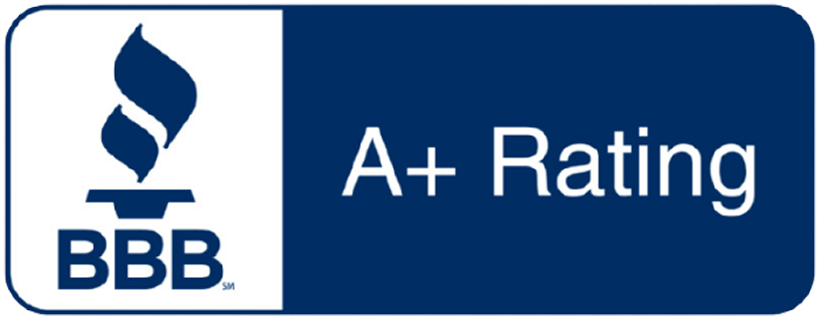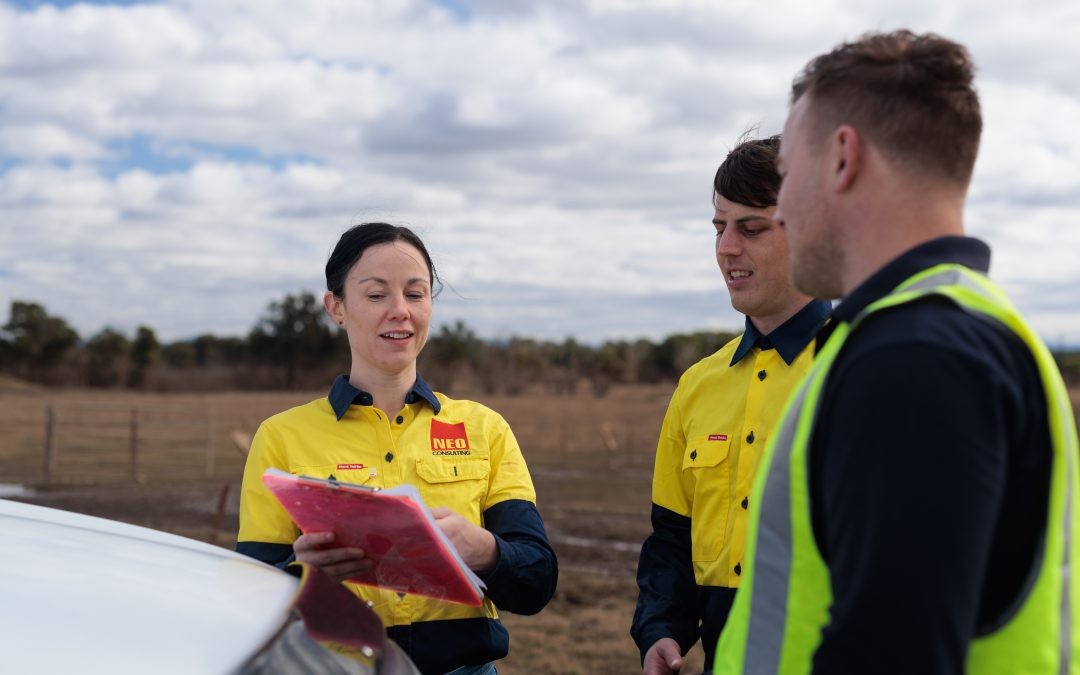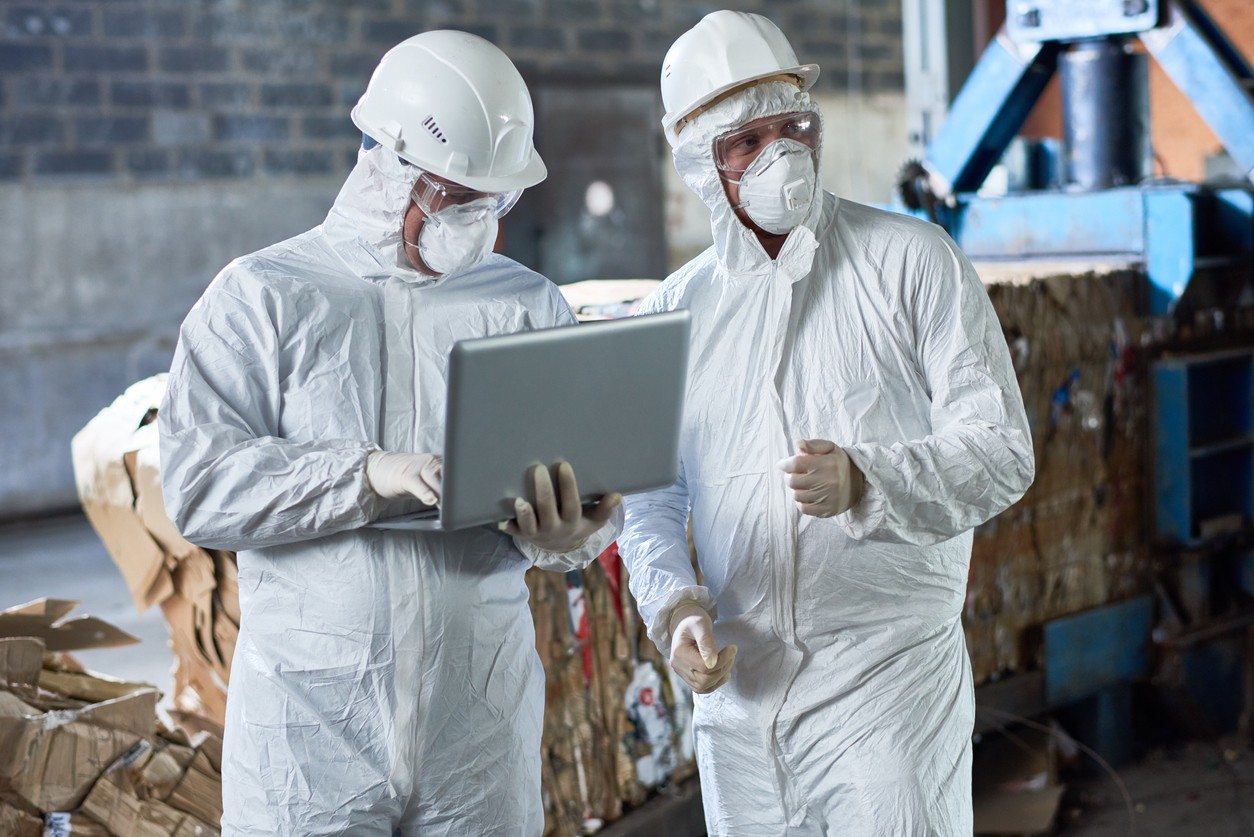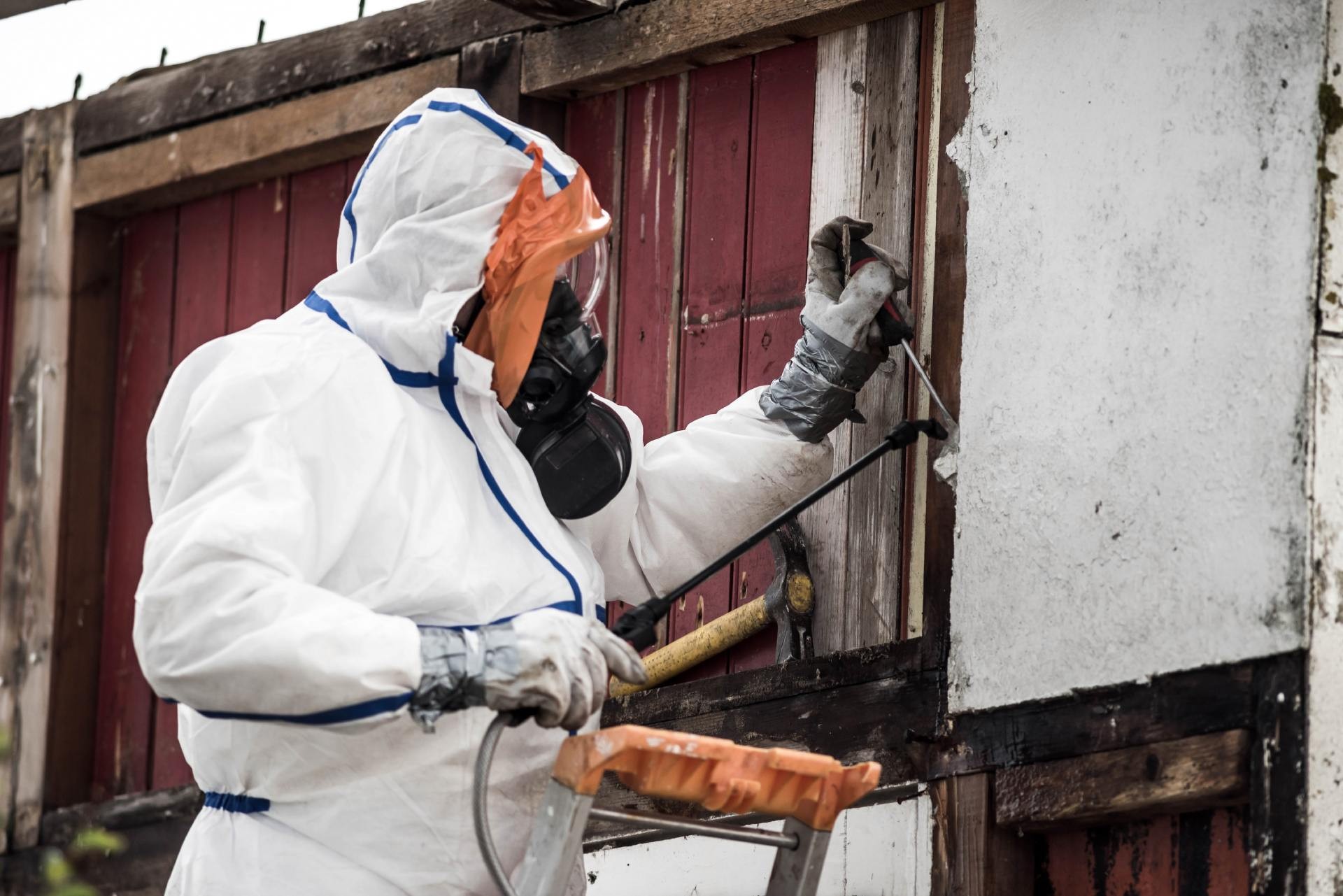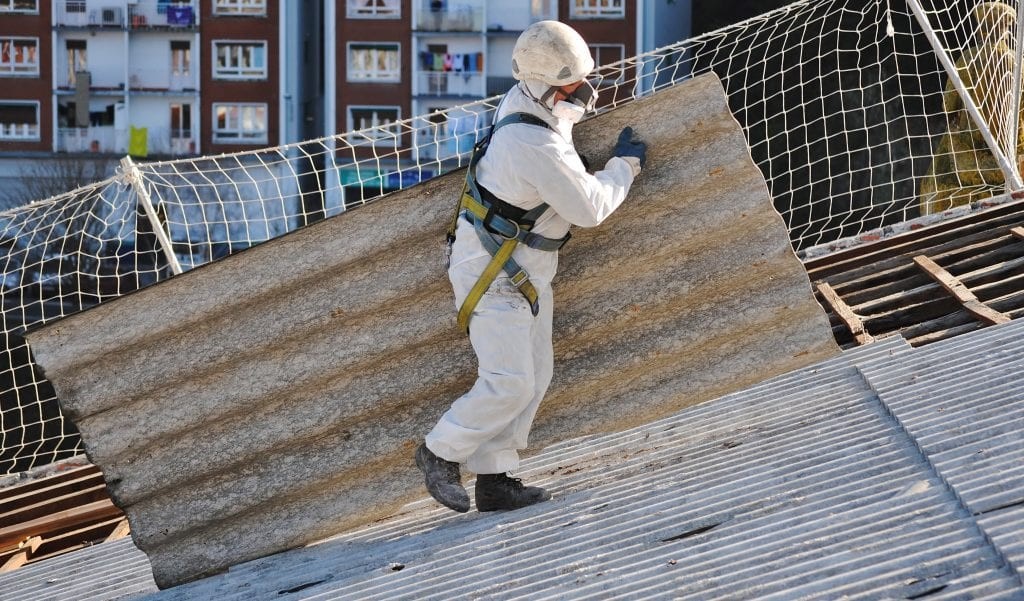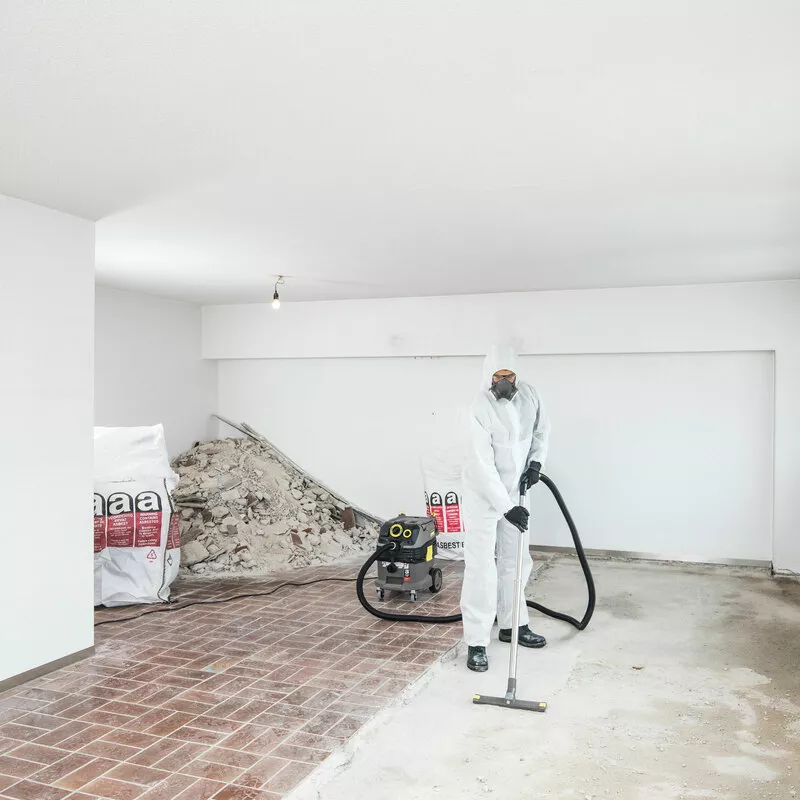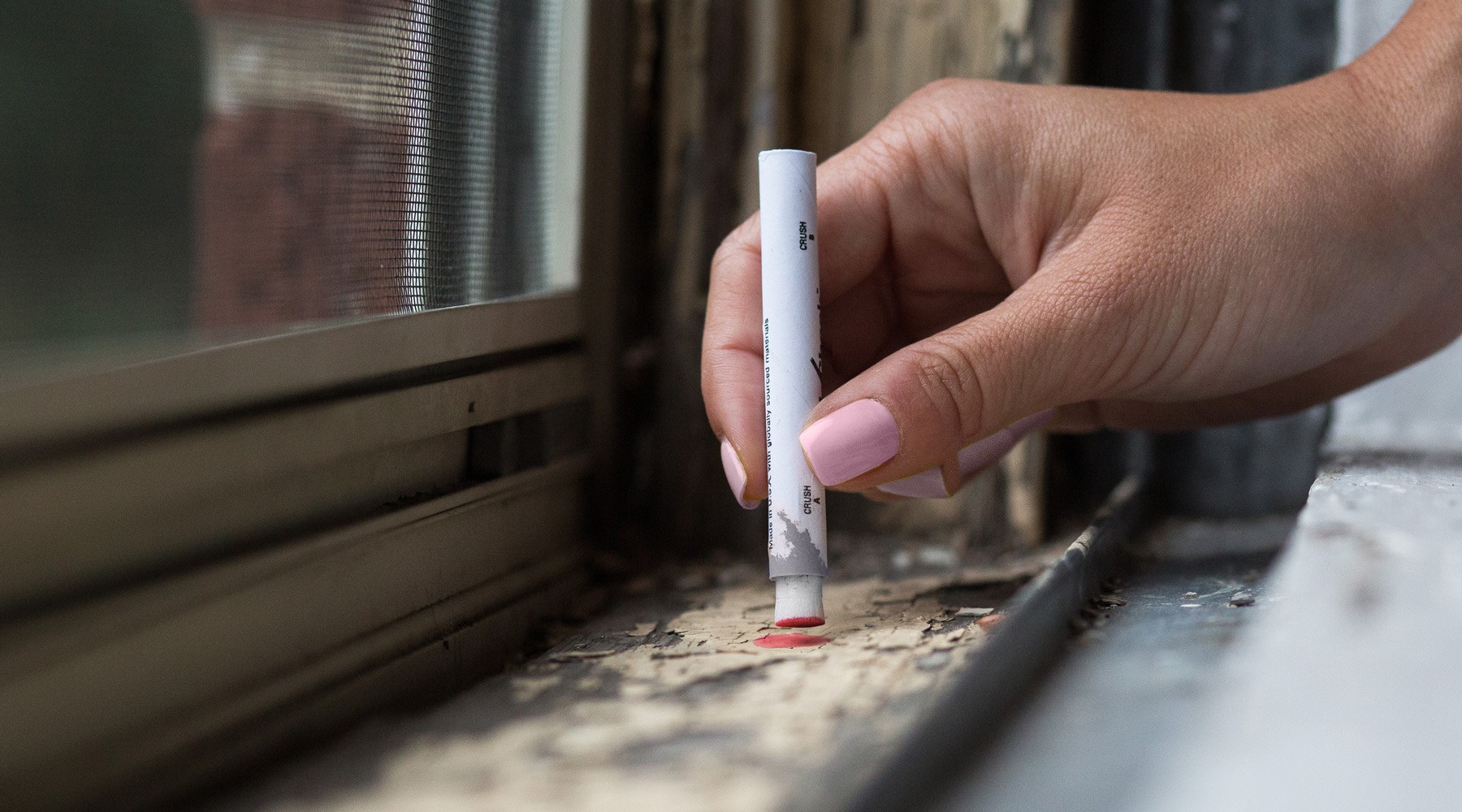When preparing for any renovation, demolition, or redevelopment project — especially in older buildings — you may be dealing with more than just outdated materials. You could be facing hazardous materials like asbestos, lead, or chemical residues that pose serious risks to health, safety, and the environment.
That’s where a Hazmat Survey comes in.
Whether you're a contractor, developer, or property owner, understanding the role of hazmat surveying is essential for project safety, legal compliance, and environmental responsibility.
🧪 What Is a Hazmat Survey?
A Hazardous Materials (Hazmat) Survey is a detailed inspection and assessment that identifies potentially dangerous substances within a building or site. These may include:
-
Asbestos-containing materials (ACMs)
-
Lead-based paint (LBP)
-
Mold and fungal growth
-
Polychlorinated Biphenyls (PCBs)
-
Mercury-containing devices
-
Chemical storage or residues
-
Fuel tanks and hydrocarbon contamination
-
Biological or radioactive hazards
A hazmat survey ensures that any hazardous materials are identified before they are disturbed, released, or improperly handled during construction activities.
🔍 When Is a Hazmat Survey Required?
You should carry out a hazmat survey in the following scenarios:
-
🏚️ Before demolition or renovation of buildings, especially those built before the 1990s
-
🏢 Before commercial real estate transactions to assess environmental liability
-
🧱 During property redevelopment or land rezoning
-
🧯 After a fire, flood, or natural disaster, which may have disturbed hazardous materials
-
🏫 In public buildings like schools, hospitals, and government facilities where occupant safety is regulated
Many jurisdictions require a hazmat survey to obtain demolition permits or comply with environmental and occupational health laws.
🛠️ What Does a Hazmat Survey Involve?
A certified hazmat inspector will typically follow these steps:
1. Site Assessment & Planning
-
Review of building history and construction materials
-
Assessment of areas likely to contain hazardous substances
2. Visual Inspection
-
Identification of suspect materials (e.g., pipe insulation, ceiling tiles, painted surfaces)
3. Sampling & Laboratory Testing
-
Collection of samples (bulk, dust, air, or wipe) sent to accredited labs for analysis
4. Reporting & Documentation
-
A comprehensive report detailing:
-
Location and types of hazardous materials
-
Quantity and condition
-
Risk level
-
Recommendations for remediation or removal
-
5. Compliance Support
-
Guidance on adhering to OSHA, EPA, local environmental, and safety regulations
⚠️ What Happens If Hazardous Materials Are Found?
If hazardous substances are detected, the next steps may include:
-
Licensed abatement or remediation
-
Asbestos removal
-
Lead paint stabilization or stripping
-
Mold remediation
-
-
Site-specific hazard management plan
-
Air monitoring or clearance testing post-removal
-
Proper disposal at approved facilities
All work involving hazardous materials must be carried out by licensed professionals using appropriate containment and safety procedures.
🧑🔧 Who Can Perform a Hazmat Survey?
Only certified hazardous materials surveyors or environmental consultants with proper credentials and licenses should perform a hazmat survey. In many countries and jurisdictions, this is a legal requirement.
Look for certifications such as:
-
AHERA-certified asbestos inspectors (U.S.)
-
Licensed Lead Risk Assessors
-
Certified Industrial Hygienists (CIH)
-
HSE-licensed surveyors (UK)
-
BOHS P402 (UK asbestos qualification)
⚖️ Why Hazmat Surveys Are Legally Important
Failing to conduct a hazmat survey can result in:
-
Regulatory fines
-
Stop-work orders
-
Legal liability and lawsuits
-
Environmental contamination
-
Worker exposure and health claims
Many national and regional regulations (e.g., EPA, OSHA, HSE) mandate a hazmat assessment before any work that could disturb potential contaminants.
✅ Conclusion: A Small Step That Prevents Big Problems
Hazmat surveying might seem like just another pre-construction checklist item — but it’s a critical first step in protecting people, preserving the environment, and avoiding costly legal consequences. If you're involved in construction, demolition, or property management, investing in a thorough hazmat survey is not just smart — it's essential.
📞 Need a Hazmat Survey?
Our certified hazmat consultants provide comprehensive inspections for residential, commercial, and industrial sites. We’ll help you stay safe, compliant, and on schedule.
👉 Contact us today to schedule your hazmat survey or get a free quote.

